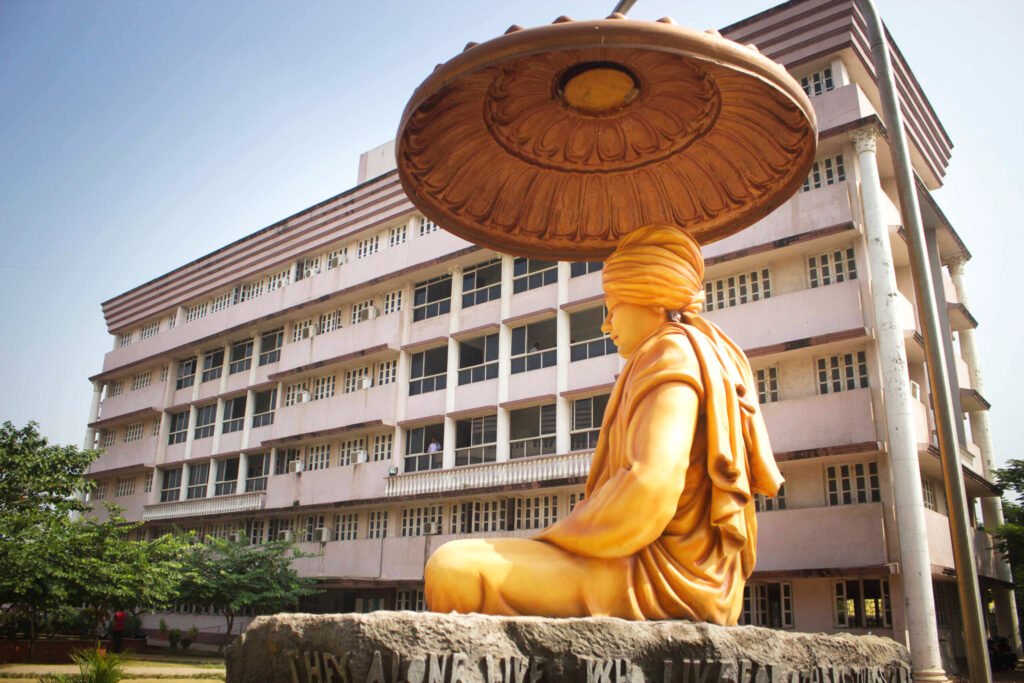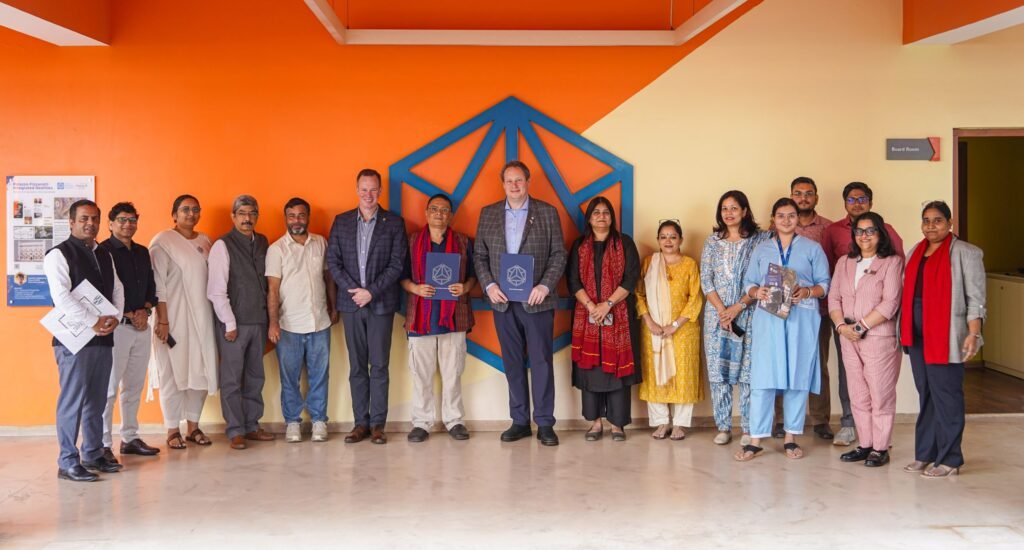In India, the education system predominantly focuses on securing employment, leading many to feel like failures when jobs are scarce. The system perpetuates the belief that someone else will provide solutions or employment opportunities, fostering a dependency mindset, said Mekin Maheshwari, Founder, Udhyam Initiative in an interview with BW Businessworld.
Maheshwari added, “We noticed a concerning trend in employment opportunities. With less than 7 per cent of people working in formal sector jobs, there’s a significant gap between job seekers and available positions.” During the conversation, Maheshwari talked about how their company is helping young startup founders and touched upon various aspects of the vision and mission of this initiative. Excerpt:
When was the Udhyam Initiative started? What was the inspiration behind it?
We began in 2017 with two key motivations. Firstly, we observed the state of education, which seemed to primarily benefit only the top 1 per cent of students, leaving the remaining 99 per cent feeling left behind. While the Indian education system has produced exceptional individuals, such as global CEOs and renowned scholars, it often fails to support the majority. For most, it’s as if they’re told, ‘If you’re not among the best, you’re not good enough.’ This realisation drove us to action.
Secondly, we noticed a concerning trend in employment opportunities. With less than 7 per cent of people working in formal sector jobs, there’s a significant gap between job seekers and available positions. Despite this, the education system predominantly focuses on securing employment, leading many to feel like failures when jobs are scarce. The system perpetuates the belief that someone else will provide solutions or employment opportunities, fostering a dependency mindset.
We aimed to shift this mindset early on, emphasising self-reliance, value creation, and entrepreneurship. We wanted to empower individuals to recognise their potential to create solutions and contribute meaningfully to society. This motivation inspired the inception of our initiative.
As you mentioned to make revolutionary changes to the Indian education system, what are those?
I believe our education system is currently too theoretical and needs to prioritise practical application. Additionally, students’ voices are often disregarded, with the assumption that they lack knowledge and agency. For instance, the curriculum is rigid and offers little flexibility in terms of subjects or areas of interest. Choices are limited and often dictated by exam results rather than personal preferences.
Therefore, I propose three significant changes. Firstly, there should be a shift towards experiential learning, where students actively engage in hands-on activities to deepen their understanding. Secondly, students should be empowered to make choices about their education, fostering a sense of ownership and responsibility. And finally, there needs to be a stronger emphasis on connecting classroom learning to real-world scenarios. This way, education becomes more relevant and applicable to students’ lives, starting from kindergarten onward.
The proportion of students preparing for government exams has increased significantly in the last few years, among which very few succeed. What do you think of the employability aspect of the rest of them?
It’s worth noting that only around 3 per cent of the population secures government jobs, which constitute less than 7 per cent of all formal employment opportunities. While government positions make up a significant portion of formal jobs, this sector is not experiencing significant growth.
Operating in multiple states through the Udyam initiative, how did you find them different from each other?
In both Maharashtra and Kerala, we collaborated within the government’s LTI systems, encountering varied experiences. While both states showed a willingness to engage, the decision-making process differed significantly. In Kerala, decisions took longer to reach, but once finalized, there was a strong commitment to follow through. Conversely, in Maharashtra, decisions were made more swiftly, but execution often faced challenges and lacked efficiency.
Our experiences highlighted the influence of different factors, including state dynamics, departmental structures, and leadership. Government departments, being subject to changes in leadership, can experience fluctuations in efficiency and productivity. Effective officers can drive departments to perform better, regardless of the state they’re in. Therefore, success in working with government entities isn’t solely dependent on the state but also on the capabilities and leadership of the officers involved.



